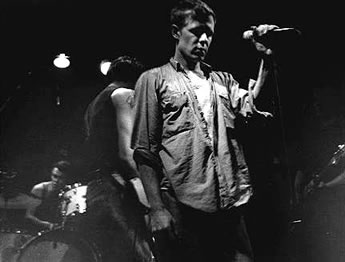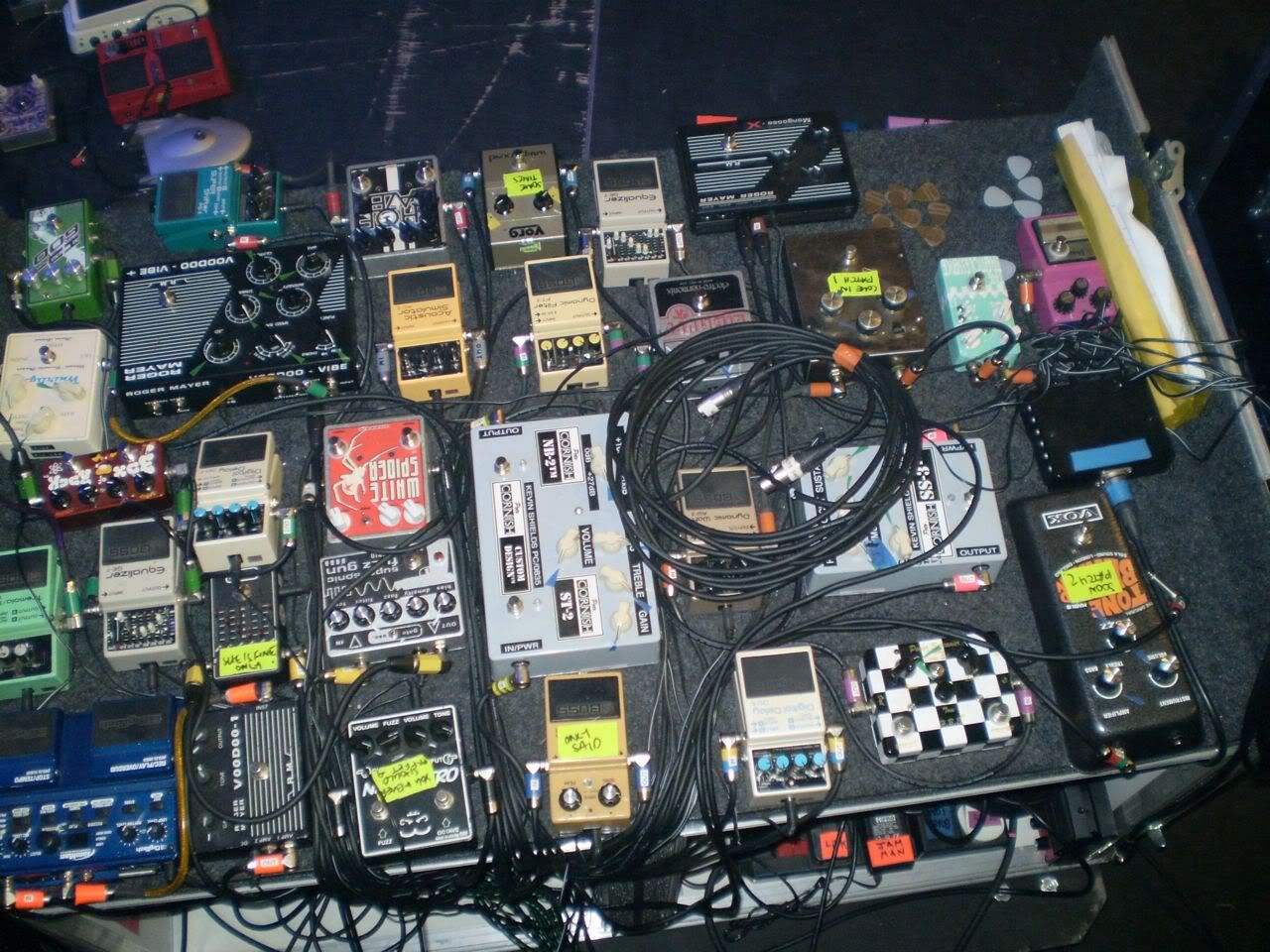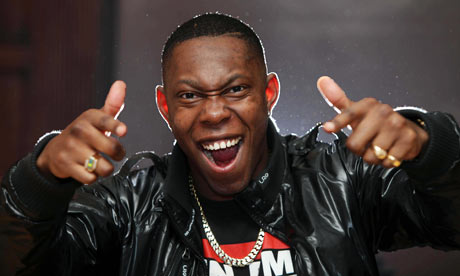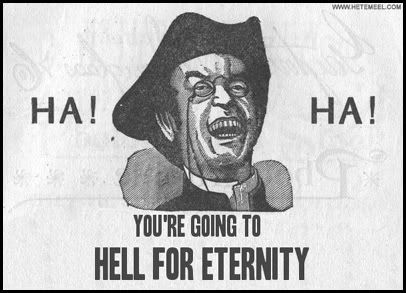Feign outrage! Set phasers to "troll"! Clothe your indignation in inanity! A Pitchfork feature has prompted online controversy and lively debate! (
Vomits in overreactive excitement)
Actually, for once the conversation isn't about how hard a certain review pandered, or trainspotting the number of Bon Iver headlines in a single week, or if the Vampire Weekend cover girl is "tappable."
Barthel and
Abebe are using the
Top Videos of the 1990s countdown as a cultural weathervane, examining the balance of sincerity-VS-irony. While any discussion of irony/"irony" will be, to a certain extent, frustrating and inconclusive, Abebe's made the valuable point that Aught-style irony is fundamentally different from '90s irony.
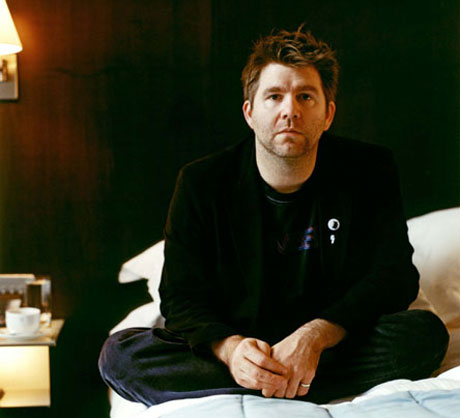
The distinction is fundamentally the same as that which separates two styles of post-modernism:
retro-necro pastiche and
hauntology (which respectively resemble '00s and '90s irony). Both employ a knowing referentiality, and thus are formally similar, yet they express very different relationships to the contemporary mainstream: the former revels in artifice and built-in obsolescence, mischievously celebrating a culture whose facades
are its substance; the latter
mourns the same condition, pining for alternate paths not taken and now impossible. The latter understands the emptiness behind the facade is not an erasure of taboos, not some fissure into a realm of anarchic hedonia - it is existential abjection.
Now, to rephrase in slightly more useful terms... Aught-style irony is (was?) all about arrow-straight citation, expressing uncynical affection and even reverence for its references. A commentary-free pop-cultural patchwork of purely aesthetic concerns. Abebe offers
Weezer's "Buddy Holly" video as an early specimen, though I'd say this "pointless, morbid game of references and sarcasm that never actually says anything" was first fully articulated on
Odelay! by Beck.*
However, '90s irony was born of disgust at the flattening-out of culture, at the commodification of fringe elements, and at the realization that so many of our memories & developmental milestones were cooked up by some Madison avenue huckster. When Nirvana appeared with natty suits & blinky innocence for the
"In Bloom" video, of course they were having a dig at the geeky politesse of rock's infancy. But more importantly, they were saying, "Okay, we're on Geffen, we're on MTV, we've been swallowed by the monoculture. We
might as well be the fucking Dave Clark Five with a fuzzbox."

Which is where slack comes in. Were it not for that sloppy scoffing not-giving-a-shit, '90s irony would be nothing but more mawkish referentiality. But these artists had come from an audience that was too savvy to fall for
Bill Bernbach's thimblerig and were well aware that any conventional success meant assimilation. Resistance was futile, but at least they could demonstrate an awareness of their own appropriation instead of appearing as guileless rubes (or worse, brass ring-snatching apostates). Slack signified that these artists neither cared for nor sought mainstream approval. The Malkmusian smirk was the last, best defense against total co-option.
This indifference against the machine is the earnestness that Abebe sees underlying '90s irony, "irony to communicate completely earnest things, that the audience would receive completely in earnest." The problem - that is, the transposition of '90s irony into '00s irony - is that the mainstream absorbed the medium
without the message. It became a cheap trick to pile up pop-cultural detritus while completely ignoring the gestures of subcultural revolt. Perhaps the resurgent sincerity of the past decade was in reaction to the mainstreaming of snarky pastiche - and yet, if audiences are now attuned to endlessly floating signifiers taken with shakers of salt, this would result in
more distance and
less earnestness than in the '90s. Sincerity cannot survive as such if it's perceived ironically, and consequently it's become a simple affectation, mere aesthetic, just another branding tactic - like lo-fi or slack.** I accept Abebe's point that "you’d have to be a lot more committal to front Fischerspooner than to front a grunge band!" But to call electroclash "almost tragically sincere" begs the question: sincere about
what? Fischerspooner et al. (and indeed many of today's most "earnest" acts) didn't offer sincerity, they
performed "sincerity" - a gestural sincerity, an aestheticization of sincerity. Again, this only serves to underscore the subtextual vacuity of today's culture.
Remember the Lollapalooza-spoofing episode of
The Simpsons?
Gen-Xer 1: Oh, here comes that cannonball guy. He's cool.
Gen-Xer 2: Are you being sarcastic, dude?
Gen-Xer 1: I don't even know anymore.
Finally, Abebe is
rightfully wary of remembering the '90s as a ten-year sneer: "They seemed, as a young person, strikingly earnest and optimistic, especially around Earth Day." Political causes of every possible persuasion - from global warming to AIDS awareness - sprouting like dandelions in the wake of "PC" fatuity. And of course, this was the decade that gave us emo, "conscious" hip-hop, and the testosterone-soaked confessionals of nü-metal.
 (*)
(*) - In film, the blame falls squarely at the feet of Tarantino.
(**) - No matter how ratty your hair or anemic your stated ambition, you ain't slacking if you have a booking agent
before your first tour.
 But first we've got to get the book out, and so we humbly ask that you donate towards the book's publication at Kickstarter. I know times are tough and you were really saving for that box set of the complete first season of Glee or whatever, but please. If you want to demonstrate your support for talented, whip-smart writers in a rapidly withering, calcifying literary environment, please contribute what you can.
But first we've got to get the book out, and so we humbly ask that you donate towards the book's publication at Kickstarter. I know times are tough and you were really saving for that box set of the complete first season of Glee or whatever, but please. If you want to demonstrate your support for talented, whip-smart writers in a rapidly withering, calcifying literary environment, please contribute what you can.




